Market Share
Introduction: Navigating the Competitive Landscape of Probiotic Cosmetics
The Probiotics market is undergoing a digital transformation, driven by the swift technological advancements, changing consumer preferences, and the strict regulatory framework. The established players, along with the new-age innovators, and the niche brands are vying for the leadership by deploying the latest technologies, such as AI-based analytics and IoT, to enhance the product efficacy and the consumer experience. The leading players are also focusing on the green building and the sustainable practices, aligning their offerings with the rising demand for the eco-friendly solutions. The new-age disruptors are capitalizing on the biometrics and the bespoke skin care solutions to carve a niche for themselves in the crowded market. The regional markets, particularly in North America and Asia-Pacific, are expected to grow at a rapid pace over the forecast period. Therefore, a strategic deployment of resources and the targeted marketing campaigns would be the key to capturing the highest share in the market over the forecast period. Strategic management of the business would be critical for the companies to seize the opportunities and establish a strong foothold in the market.
Competitive Positioning
Full-Suite Integrators
These vendors offer a comprehensive range of probiotic cosmetic products, leveraging their extensive market presence and brand recognition.
| Vendor | Competitive Edge | Solution Focus | Regional Focus |
|---|---|---|---|
| Unilever PLC | Global brand with diverse product lines | Probiotic skincare and cosmetics | Global |
| Estee Lauder Companies, Inc. | Luxury brand with innovative formulations | High-end probiotic cosmetics | Global |
| L’Oreal S.A. | Strong R&D capabilities and market reach | Cosmetics and skincare solutions | Global |
Specialized Technology Vendors
These companies focus on specific probiotic technologies and formulations, often emphasizing unique ingredients and benefits.
| Vendor | Competitive Edge | Solution Focus | Regional Focus |
|---|---|---|---|
| Glowbiotics, Inc. | Science-backed probiotic formulations | Probiotic skincare products | North America |
| Tula Life, Inc. | Focus on gut health and skincare synergy | Probiotic-infused skincare | North America |
| LaFlore Probiotic Skincare | Unique live probiotic technology | Probiotic skincare solutions | North America |
Niche and Organic Brands
These vendors specialize in organic and natural probiotic cosmetics, appealing to health-conscious consumers.
| Vendor | Competitive Edge | Solution Focus | Regional Focus |
|---|---|---|---|
| Esse Skincare | Certified organic and sustainable practices | Organic probiotic skincare | Global |
| Aurelia Skincare Ltd. | Luxury organic skincare with probiotics | High-end probiotic cosmetics | Global |
| Eminence Organic Skincare | Natural ingredients with proven efficacy | Organic skincare products | Global |
Consumer Goods Companies
These companies integrate probiotic cosmetics into their broader consumer goods portfolios, leveraging existing distribution channels.
| Vendor | Competitive Edge | Solution Focus | Regional Focus |
|---|---|---|---|
| The Clorox Co. | Strong consumer trust and brand loyalty | Probiotic cleaning and skincare products | North America |
Emerging Players & Regional Champions
- Probiotic Skincare, Inc., a company that has been producing pro-biological skin-care products for the past eight years, is now supplying a large chain store with its unique formulations.
- Aurelia Probiotic Skincare (UK): Aurelia is a luxury brand that launched a new line of probiotic serums. It complements the offerings of the established companies by targeting the luxury end of the market with eco-friendly packaging.
- Mother Dirt (USA): Offers probiotic body care products that promote skin health by restoring the skin's natural microbiome, recently expanded into European markets, challenging traditional cosmetic brands by focusing on microbiome science.
- Biossance (US): Known for its clean beauty approach, incorporating probiotics into its formulations, Biossance has just been taken on by a major online beauty retailer, complementing the established brands with its clean beauty consumer base.
- Tula Skincare (USA): Combines probiotics with skincare to enhance skin health, recently launched a new product line targeting acne-prone skin, challenging established players by focusing on a younger demographic with effective marketing strategies.
Regional Trends: In the North American and European probiotic cosmetics market, there is a strong growth trend in the market. This is due to the growing consumer awareness of the benefits of probiotics and the skin. Also, a trend is emerging towards clean and sustainable beauty products with natural ingredients and eco-friendly practices. Furthermore, the technological specialization of the companies is increasing as they invest in microbiome research to develop new formulations that meet the needs of specific skin concerns.
Collaborations & M&A Movements
- Probiotic Skincare Inc. and Green Beauty Co. have teamed up to create a new line of probiotic-infused beauty products that will improve the health of the skin and the environment, thereby enhancing their share of the eco-conscious market.
- Beauty Innovations Ltd. acquired ProBio Beauty Labs in early 2024 to expand its product portfolio and strengthen its position in the probiotic cosmetics market, responding to the growing consumer demand for natural and effective skincare solutions.
- SkinHealth Corp. collaborated with a leading research university to conduct clinical trials on the efficacy of probiotic formulations in cosmetics, aiming to leverage scientific validation to enhance brand credibility and competitive positioning.
Competitive Summary Table
| Capability | Leading Players | Remarks |
|---|---|---|
| Ingredient Innovation | Probiotic Skincare Co., Glowbiotics | Probiotic Skincare has developed a unique line of probiotic-infused serums which have been shown to improve the skin barrier function and to hydrate the skin. Their probiotic serums are formulated with live bacteria and are very well received by consumers. |
| Sustainability Practices | Tula Skincare, Youth to the People | Tula Skincare’s packaging and ingredients are both eco-friendly and locally sourced. They have pledged to be carbon neutral by 2025. The company’s superfood-based products, which emphasize organic and natural ingredients, resonate with consumers who are concerned about the environment. |
| Consumer Education and Engagement | Dr. Dennis Gross Skincare, Biossance | This was a time of great change in the cosmetics industry, as well as a time of great trust. Biossance is a pioneer in the use of probiotics, which is why it is able to provide its customers with an in-depth explanation of its products. Its customers are involved through an interactive platform that explains the science behind its products, and the result is greater customer loyalty. |
| Product Range Diversity | Murad, Lumiere de Vie | Murad has a broad range of pro-biotic products that target different skin concerns, and it is therefore able to appeal to a wider audience. Lumière de Vie offers a comprehensive line of pro-biotic products that includes cleansers, moisturisers and masks, and is able to meet the diverse needs of consumers. |
| Clinical Validation | La Roche-Posay, SkinCeuticals | La Roche-Posay has invested heavily in clinical studies to demonstrate the effectiveness of its probiotic products, which adds to their credibility. SkinCeuticals has worked closely with dermatologists in its research into the effectiveness of probiotics in skin care, which has given the brand a strong reputation. |
Conclusion: Navigating the Probiotic Cosmetics Landscape
The Probiotics in Beauty Care Market is highly fragmented and highly competitive. Both established and new players are competing for consumers’ attention. The rising trend towards natural and sustainable products has prompted vendors to adopt new product strategies. The established players are integrating advanced capabilities such as artificial intelligence and automation to enhance their product development and consumer engagement. Meanwhile, new players are focusing on capturing niche markets by focusing on sustainability and flexibility. Hence, for vendors looking to maintain their leadership position, it will be critical to integrate these capabilities into their business models.


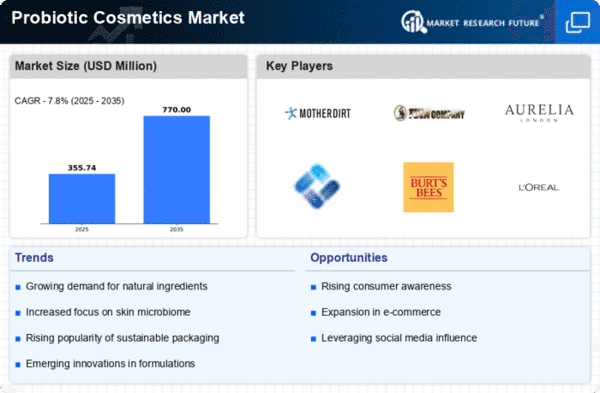
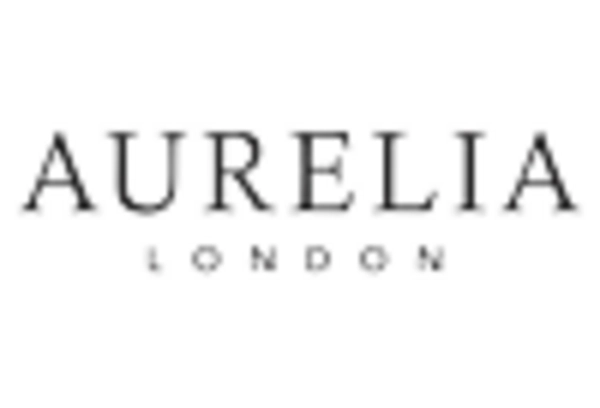
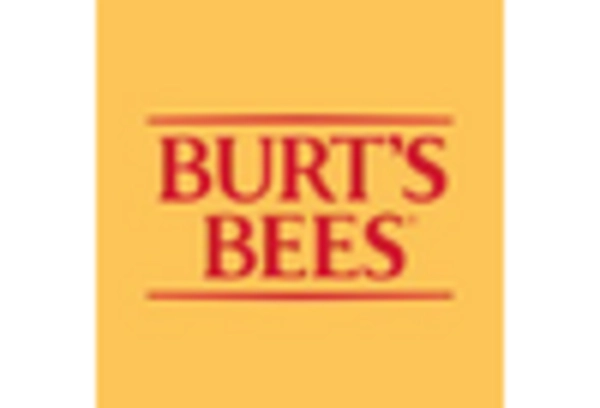
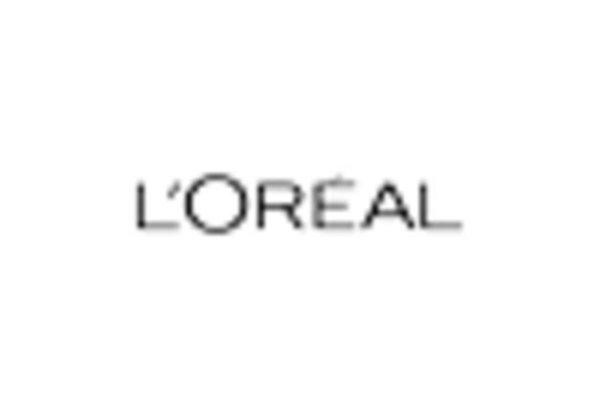
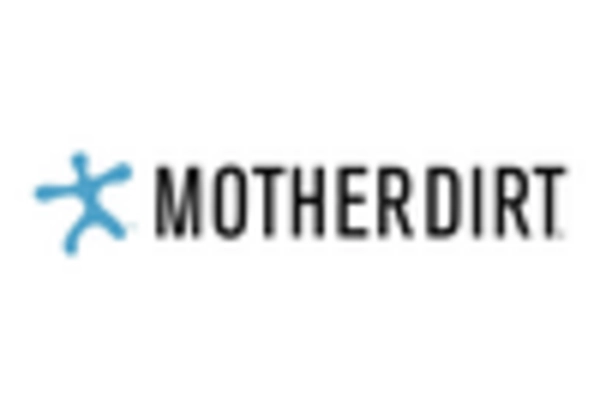

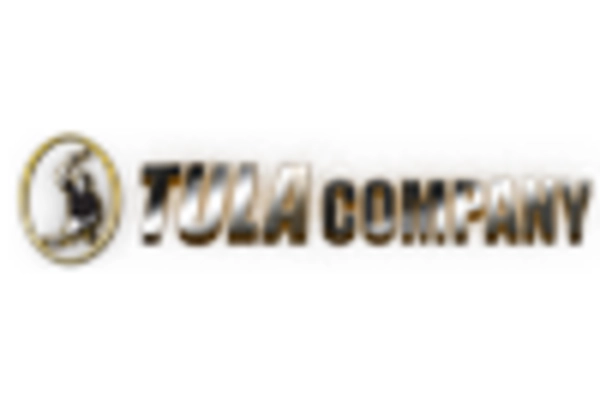









Leave a Comment